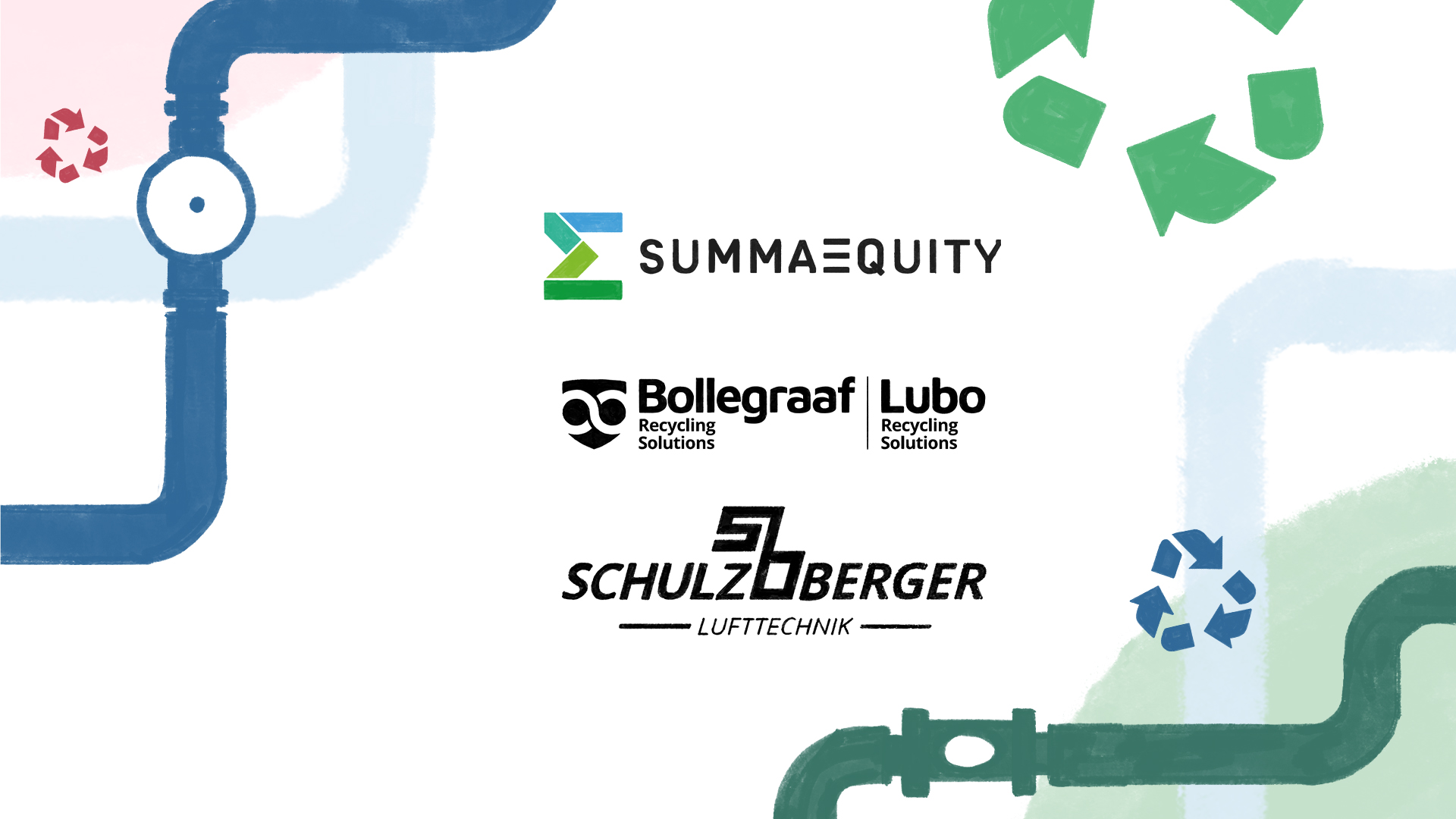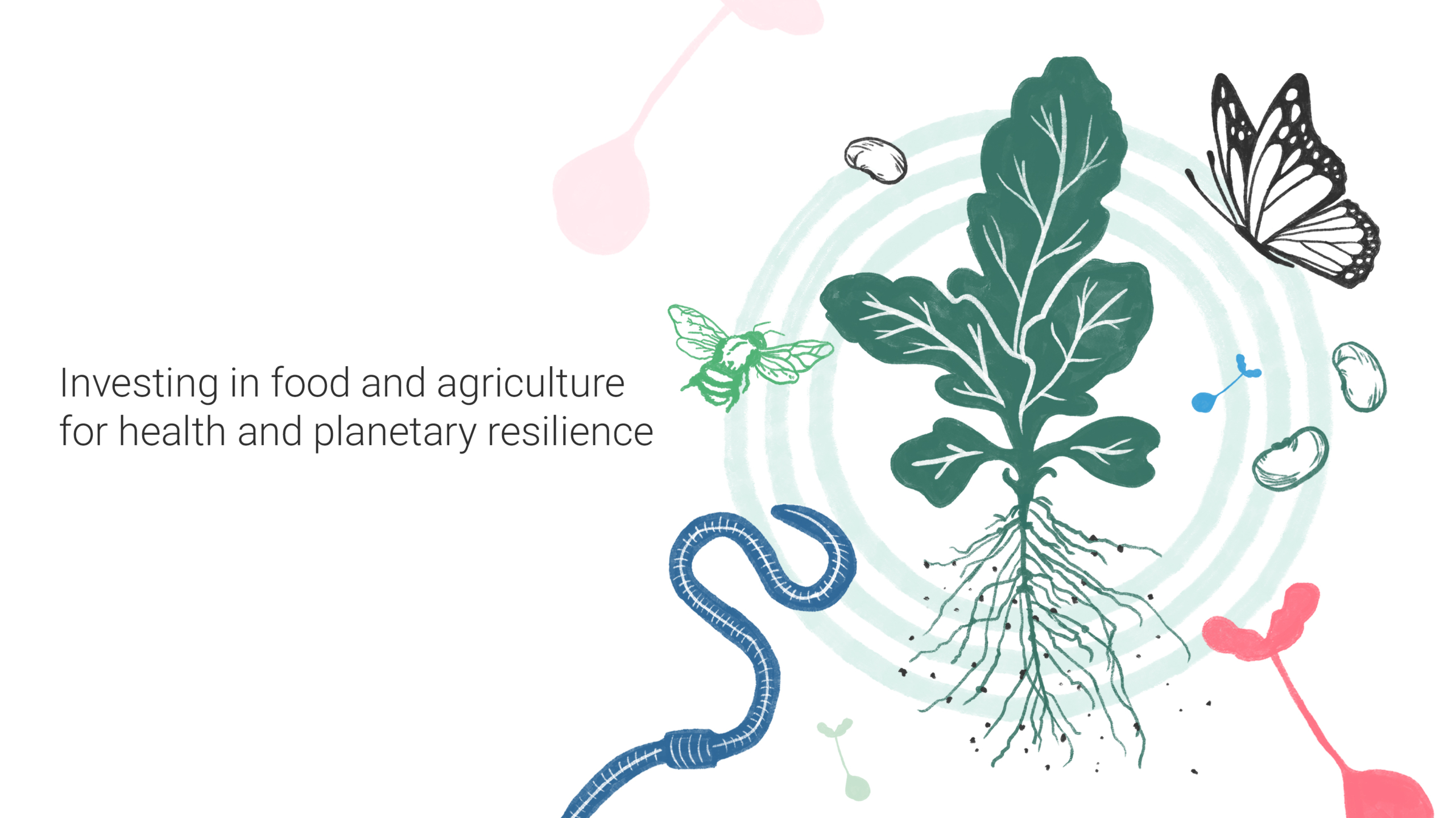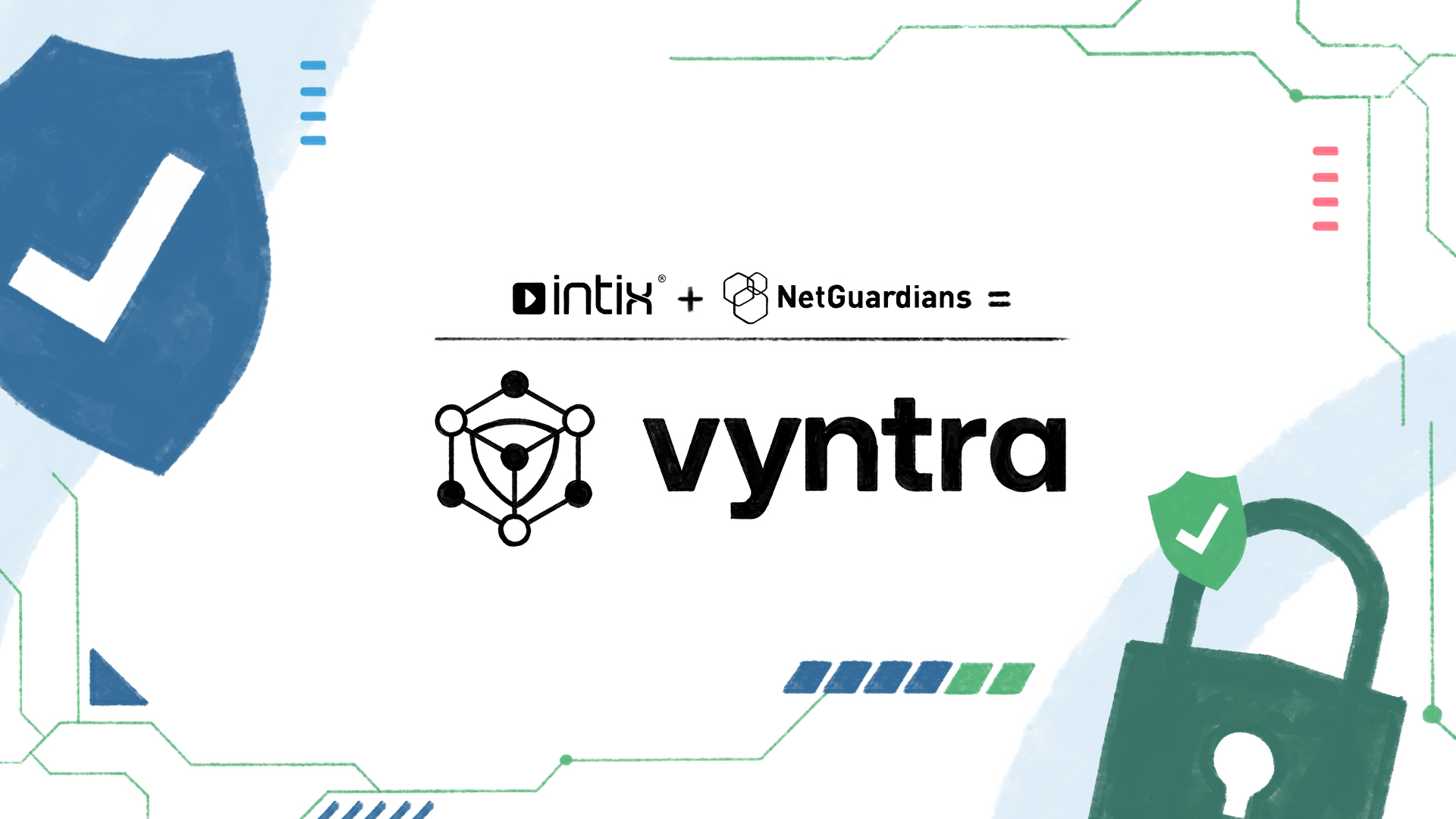How to leverage holistic systems thinking in Private Equity investing with Tanya Carmichael
Tanya Carmichael is an experienced private equity investor and leader who came from the Ontario Teachers’ Pension Plan in Canada, but today serves as a thought partner and advisor to investment leaders who want to amplify their impact in private equity investing.
- Podcast
6 min read

“I view this as the challenges and solutions coming down to the people. And that seems to be for some reason, a harder nut to crack. And so I really was inspired to see how I could impact the system.”
The convergence of challenges
Investment firms, says Tanya, have expanded their expression of who they are and why they talk about their top priorities. They point to things like culture and collaboration, sustainability, diversity, and disruption. Some of which are very often labeled as soft skills, despite being the hardest ones and the most difficult ones to achieve.
But what is driving this shift for companies to become more purpose driven, and why is it happening now?
“It’s happening now because many things are happening at the same time and have been for a long time. And they’re not going away. [It’s] a more complex world and investing environment with social, geopolitical, other challenges, economic challenges. And that raises questions, which are exponential when you start peeling back the onion.”
Post the dot com bubble, says Tanya, things seemed to be going in the right direction, but now, fractures have begun to appear that beg the question – whose responsibility is it, and how can you play be both a contributor to challenges and solver of the problems?
The main challenges facing investment leaders
We have a long history of deferring to investment leaders with strong competencies, track records, a pedigree in all sorts of areas, direct experience leading organizations, making investments, attending traditional business schools etc, to define what success looks like, says Tanya. But to find solutions for the new challenges the industry is experiencing, doesn’t necessarily draw upon those more traditional skill sets and experience basis.
We need more EQ-oriented leaders to shine and show their ‘soft skills’; those things that are more in line with connecting with people, with figuring out how to inspire, lead, and engage. These things, says Tanya, are no longer optional. They’re not nice to have, they’re imperative.
“It’s going to be a case of taking a step back, being a bit humble, or being left behind. It is really that stark of a choice… We need more questions and more talking about what hasn’t worked, and less talking about perfection.”
How leaders of a reimagined future will be rewarded
The leaders who show up more willing to talk about what they don’t know, who invite others in, and who make the table bigger, e.g. through diversity, diversity of thought, inclusive leadership, etc, leaders who know they can’t go it alone, will instantly be rewarded, says Tanya, because that is authentic.
“They’ll be rewarded in a few ways all at the same time, if they go down this path. They will not be alone with their worries and their stress of needing to figure out ESG, or DEI, or sustainability, or whatever the challenges they’re facing.”
By addressing issues such as lagging employee engagement, for example, by showing employees that leadership wants to hear what they say, that they’re joint problem solving, that they’re equipping them, empowering them to show up and do their best work to create value, and their investments truly innovate and disrupt, that’s how leaders will reap a reward.
And that’s just within the organization, says Tanya. Attracting and retaining talent is another big challenge private equity businesses face, as is competing to buy, own and manage businesses. Portfolio company CEOs often have a choice about who they want to partner with. And the values of the firm, the authenticity of the leader, what they stand for, the track record of having done this before, all contribute to the brand value creation success of the firm.
“Learning questions are far more important than answers. Saying what you don’t know is like a new superpower. It shows vulnerability. It conveys openness. And so I think that is the new currency.”
How to navigate unchartered territory
At Summa Equity, says Reynir Indahl, they’re pushing their companies to set sustainability targets. But the pushback they’re getting is: we can’t set the targets when we haven’t figured out how to get there. Reynir counters that it doesn’t matter; set the targets and get the organization to figure out how to get there.
“People love being part of the solution and being part of this. A lot of leaders I see are worried about this uncharted territory. It’s important that leaders just admit: ‘I don’t know how to get there and we need to do this together’.”
Encourage your team to take risks, to speak out and ask questions, advises Reynir. Anytime you have a conversation, welcome a challenge to what you’re saying. The danger is if you’re not hearing questions, or if people don’t feel like they can speak up, that they will be not rewarded at best and punished at worst.
“If you’re a leader, don’t be the one speaking first. Make room. Know what you don’t know. And don’t think that having the answer is what people value the most within your firm.”
Global problems need collaborative solutions
The world needs us to work together right now, says Tanya, these are joint problems we’re facing, so we need joint solutions. We need a leadership that is focused on humility, focused on the collective, focused on the connection between investment returns, individual priorities, and purpose, social, environmental challenges, because all of these things are connected to each other.
“The one aspect we need to figure out how to make coexist is competition and collaboration. Investment firms, private equity, are competitive, they need to be competitive, they need to have an edge, they need to compete for talent. But these wicked problems that we’re all facing, cannot be solved by individual organizations.”
A great culture that can deliver these types of extraordinary outcomes don’t just happen, says Tanya, they require intentionality; they require leaders and teams to be on the same page. So leaders, advises Tanya, pay attention to your culture, really invest in it, and understand what steps you need to take in order to make your culture strong, because that will be essential to tackling our collective challenges.
Read more about Tanya Carmichael here.
The Summa Summarum newsletter
Sign up to our newsletter
Latest readings
News
myneva Group, part of Summa Equity, acquires Kuidado GmbH and strengthens digitalization in social sector
Read more
Summa Equity adds Schulz & Berger to its waste equipment platform to accelerate growth and innovation in circular economy technologies
Read more
The case for scalable regenerative agriculture
Read more
Investing in food and agriculture for health and planetary resilience
Read more
NetGuardians and Intix unite to form Vyntra
Read more